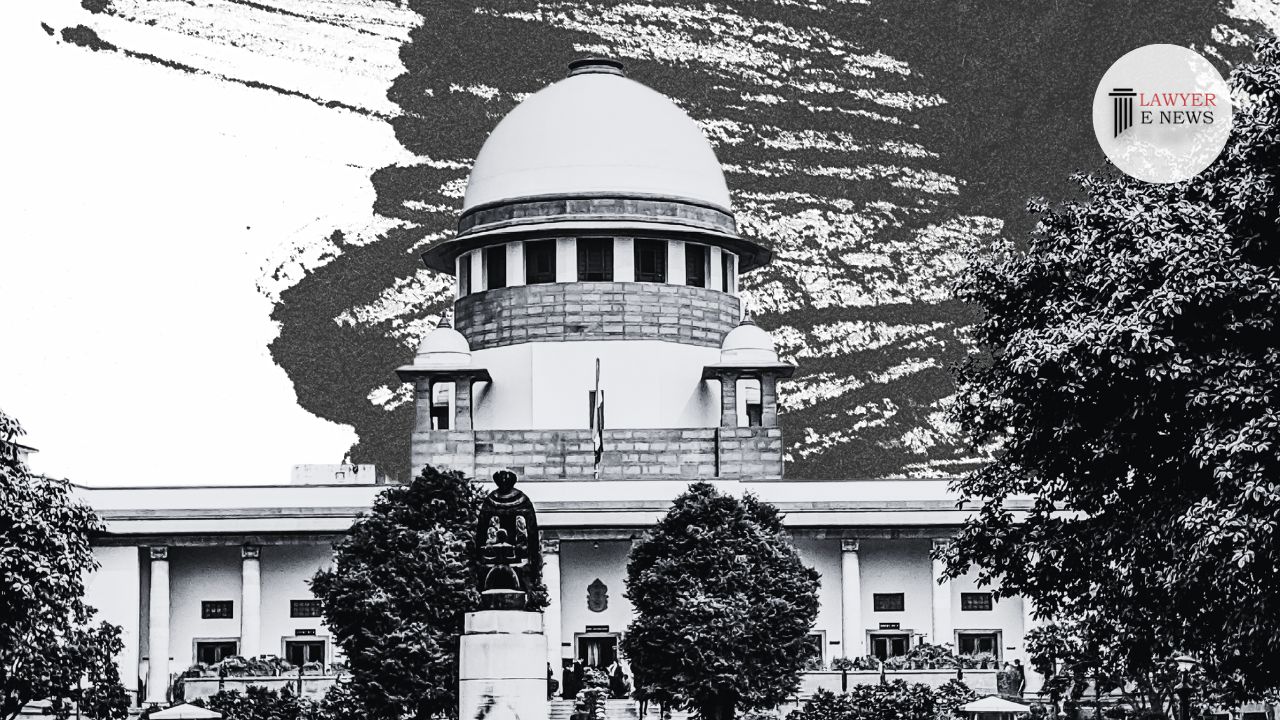-
by Admin
16 February 2026 1:47 PM



In a significant judgment, the Supreme Court has acquitted three individuals, previously convicted by the High Court for the murder of Marthandappa in 1997. This decision comes after the Trial Court had initially acquitted them. The legal crux of this judgment lies in the re-evaluation of the credibility and consistency of eyewitness accounts, and the interpretation of circumstantial evidence.
The case revolves around the murder of Marthandappa, allegedly due to an illicit relationship, leading to strained relations with the accused. On June 28, 1997, the accused reportedly attacked Marthandappa and a witness, PW-4. The Trial Court acquitted all accused, but the High Court reversed this for three appellants, convicting them of murder. The Supreme Court was then approached to reassess the High Court’s judgment.
The Supreme Court meticulously re-examined the testimonies of the key witnesses, PW-3 and PW-4, and the evidence on record. The Court observed discrepancies in the witnesses’ accounts, especially concerning their actions post-incident, which cast doubt on their presence and the authenticity of their testimonies. The Court noted, “The chain of circumstances created by the testimony of PW-3 is not consistent with the outcome of guilt.
The Court also found contradictions in the medical evidence compared to the testimonies. The Court questioned how PW-4, severely injured, managed his actions post-assault without help. The Court emphasized that the High Court failed to address these critical aspects and relied heavily on the fact that PW-4 was an injured witness.
This judgment underscores the principles of criminal jurisprudence, especially concerning the appellate court’s scope in dealing with appeals against acquittal. The Court reiterated that if the Trial Court’s view is plausible, the appellate court should not interfere unless there are substantial and compelling reasons. The judgment also highlighted the importance of the credibility of eyewitness testimony and the consistent interpretation of circumstantial evidence.
The Supreme Court, after its analysis, found the High Court’s reversal of the Trial Court’s acquittal unjustified. It restored the Trial Court’s order, acquitting the appellants of all charges and ordering their immediate release if detained.
Date of Decision: February 12, 2024
Mallappa & Ors. Vs. State of Karnataka
